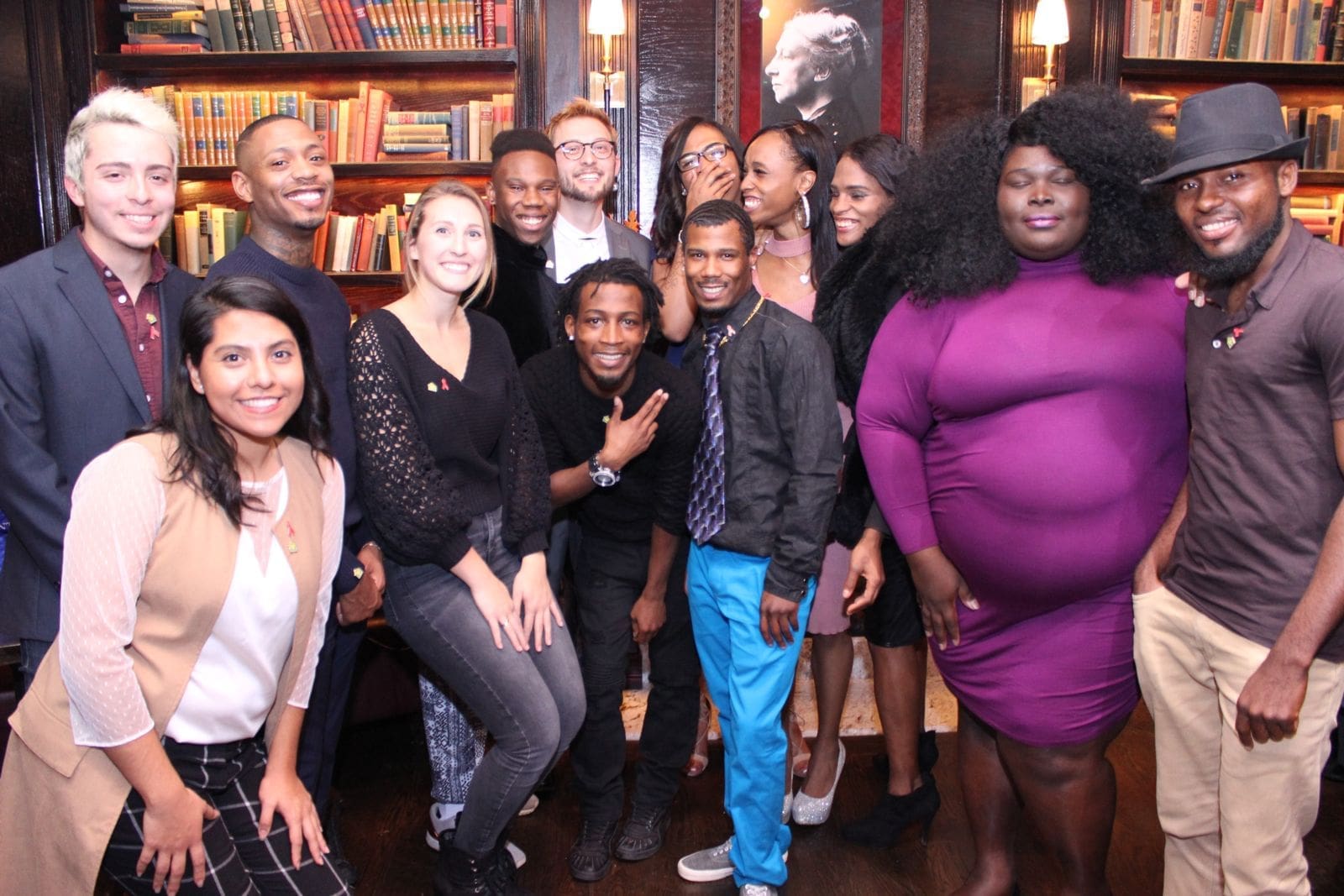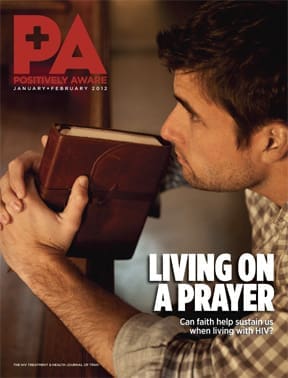By Raven Feagins
 Imagine a world where the people from communities most affected by HIV are leading the HIV workforce to end the epidemic. That’s the world Anthony Betori, Youth Program Manager at Chicago House and Social Service Agency, is striving to create with their new Community Health Apprenticeship program (CHAP). This 8-week training helps committed young people get their start in the HIV workforce while developing employment skills and gaining certification in HIV testing and counseling.
Imagine a world where the people from communities most affected by HIV are leading the HIV workforce to end the epidemic. That’s the world Anthony Betori, Youth Program Manager at Chicago House and Social Service Agency, is striving to create with their new Community Health Apprenticeship program (CHAP). This 8-week training helps committed young people get their start in the HIV workforce while developing employment skills and gaining certification in HIV testing and counseling.
“People who have lived experiences of living with HIV or being a young person in a community with a lot of HIV are going to know better strategies for how to manage the epidemic in their communities,” says Anthony.
This mindset drove Anthony to recruit folks for the program with this sort of experience. They successfully identified 10 apprentices from communities most heavily affected by HIV, including Black and Latinx gay and bisexual men and transgender women of color.
The Impact
Young people from these communities experience the heaviest impact of the HIV epidemic in Chicago and across the country, while, at the same time, young Black and Latinx folks also experienced higher rates of joblessness.
These were the reasons Kokumo Kinetic, a recent graduate of CHAP, joined the program. She was looking to become certified as an HIV tester but found it impossible to do if she wasn’t already working for an HIV-focused organization.
The Program
Before jumping into community outreach and testing, apprentices go through five weeks of intensive training on HIV, public health and employment readiness. Anthony collaborated with a variety of individuals and organizations to make sure lessons involve different learning styles and encourage high levels of engagement and participation. In the final 3 weeks, apprentices put their new skills to work and coordinated their own HIV-testing event. This gave Kokumo and her class the opportunity to leverage connections to  the ballroom scene to test 24 people at a community event.
the ballroom scene to test 24 people at a community event.
“We’re not just looking at them as a group of testers that we’ll hire for a year and it doesn’t matter what happens to them. We want to answer the question, ‘What’s really their career plan?’” says Anthony.
Anthony is clear about this goal from the get-go, and it has already had a positive impact on Kokumo. Since graduating from the program in November, she has already been interviewing with HIV-focused organizations throughout Chicago in hopes that she can become a full-time HIV tester. She wants to take the knowledge she’s gained through CHAP and share it with other LGBT youth of color in her community to encourage them to get more involved.
“I don’t know the strategies that will end the epidemic, but I think that the people that I’m working with do,” says Anthony. “I really do believe that these are the people — it has to be someone. The epidemic is going to end.”


